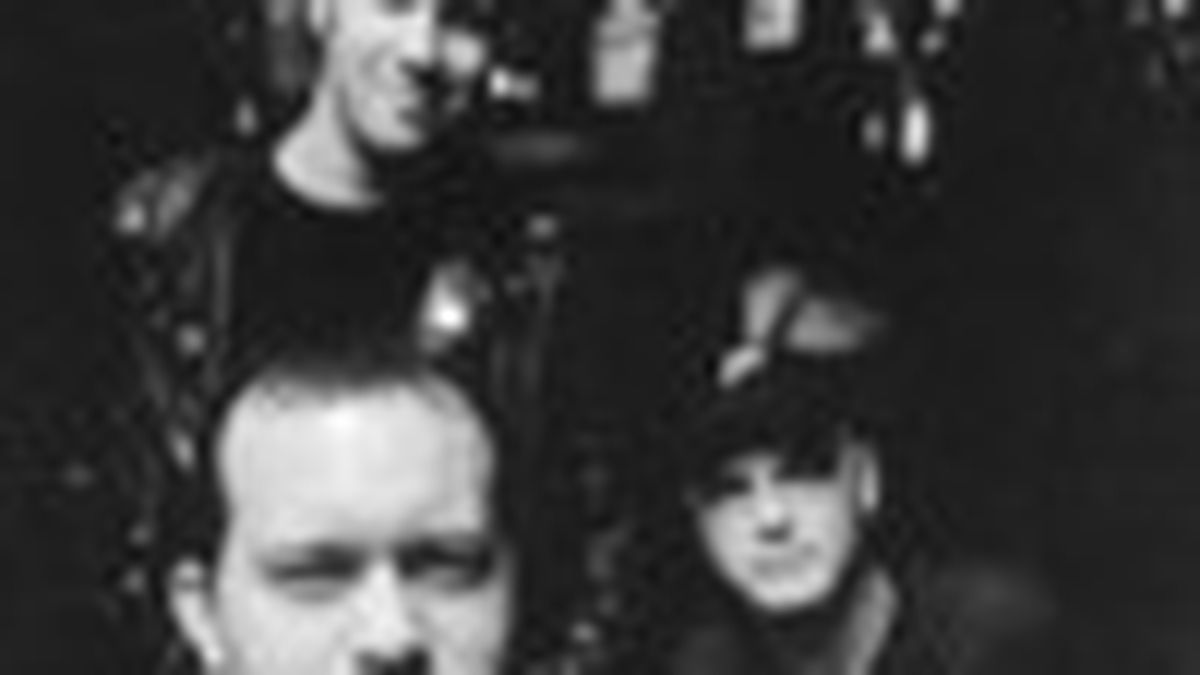When you hear the word “swap” associated with Bay Area rock ‘n’ roll, visions of round-eyed Haight Street chicks being passed around by the guys in Jefferson Airplane may dance through your head.
But these days when a band talks about “swapping” they are probably referring to gigs along the West Coast — as in, “you get me a show up there and I’ll get you a show down here.” A conduit between the Pacific Northwest and the Bay Area has developed out of these gig-swaps, which in essence is creating one gigantic community of like-minded bands. Yes friends, Seattle has gotten its grunge peanut butter stuck in our jam band chocolate, and darned if it don’t taste great.
Certain types of band have been doing this for years, of course. If you were a hardcore band from Orange County in the ’80s you could find gigs and even a place to crash all across the US of A just because “Scabby knows someone in Phoenix, who knows someone in Houston …” But the extent to which the swapping is occurring seems to be increasing, and for good reason. Basically, it’s almost impossible to get gigs outside of your hometown unless you are on an established label or know someone. So the only way to play somewhere else is to swap.
Traditionally, each club has a promoter, and smaller bands send them tape in hopes of getting a slot in their calendar. This worked better when there were more clubs — venues had to work harder to find enough bands to fill their slots. But given that clubs have been disappearing in the Bay Area in recent years, not only is there more competition for gigs, but promoters are less likely to book no-name bands because they want to pack in as many people as they can every night. This is especially true in the Bay Area, where the overhead for club owners is so high.
But if a band known to a booker suggests adding an out-of-town band to add to its bill, that group has a much better chance of scoring a decent show. Pat Secor, the owner of indie label 11345 Records, sees such swaps as an essential part of booking these days. “Shows now are much more competitive,” he says. “You need to make it as easy as possible for everybody involved — bands, promoters, venues. A lot of smaller clubs are looking for higher-end acts, and smaller bands are just getting pushed out.”
Consequently, Secor finds it effective to load two or three bands into a “package deal” and offer them up to out-of-town clubs for booking alongside a Northwest band that may once have played down here. “The other advantage to doing this is that you are going to get on a bill with someone you fit with,” he says. “A lot of times, even if you send a booker a package, tell them what kind of music you play, they listen to it, there’s a real chance you’ll get stuck on a bill with Celtic folk music or bad metal. It’s Russian roulette.” This band-organized booking also helps the clubgoer, who often runs the risk of going out to see a black metal band and ending up with an opening act that does Jewel covers.
Dani, booker for downtown Oakland’s Stork Club, schedules a lot of bands from the Pacific Northwest in the hope that they will help local bands get shows up there. For instance, this summer she booked a mini-tour for East Bay “noise pop indie rock” band Bitesize, with four out of five of the shows the product of swaps. “I’ve been keeping a database of all these different bands up there, and saying, hey, if you help me out with this local band, I’ll give you shows at the Stork when you come down.”
Joe Selby, bass player from Three Years Down, sees a definite collective bargaining thang happening between here and there. Bands are pooling their resources to work together to get shows. His band and the now-defunct Northwest band Valentine Killers would swap shows a lot. “There is definitely a conduit going between Seattle and the Bay Area,” he says. “A lot of promoters depend on the bands to kind of pull the shows together.”
So what about LA? Why is the swap happening with the lumberjacks but not the surfers? Well, in short, it’s because LA sucks. Bands hate playing there. There aren’t very many venues for smaller bands down there, either. “Playing in LA is a bummer for everybody,” says Selby, speaking for the collective Bay Area rock community. “If you want to play in LA you have two choices: the Garage and the Garage.” Plus, why go down there when you can get treated like a king in Seattle? Northwest clubs are famous for providing dinner, a cool place to crash, and all the booze a band can drink.
The result of all of this swappage for clubgoers will hopefully be a larger, more cohesive scene that supports Bay Area bands and those of the Northwest equally. Of course, there’s still no laws against small, touring bands that suck — but we can dream.














